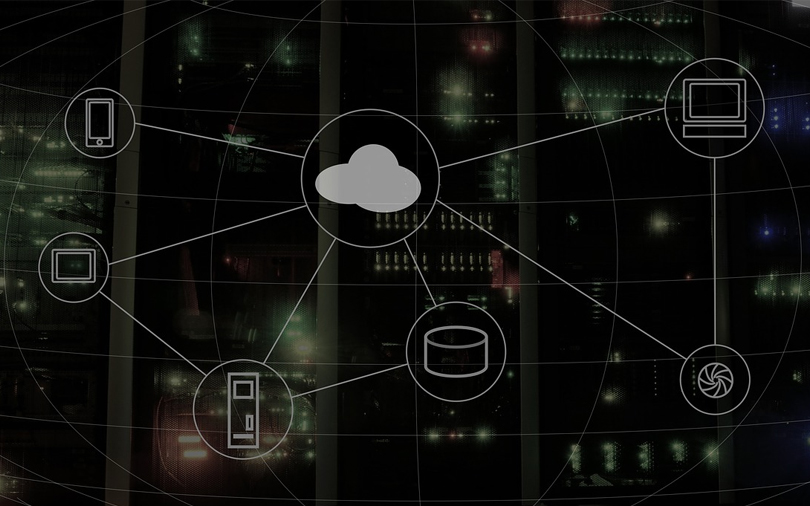
Cloud-enabled staffing models to disrupt Asia-Pacific workplaces: Colliers research


Emerging technologies such as cloud computing and internet of things (IoT) will augment real estate possibilities for Asia-Pacific companies and their employees, a research report by Colliers International showed.
The report, based on field research and interviews with technology, financial services and consumer goods organisations, addresses the adoption of cloud technology in companies’ workforce models and broader implications for productivity and employee well-being.
“With physical infrastructure struggling to keep pace with the ever-advancing technology, the need to be ‘connected’ has never been more important. Remote working and access to data are forefront in firms becoming efficient and agile," Ritesh Sachdev, senior executive director of occupier services at Colliers International India, said in a statement.

He added that companies might want to adopt a new concept called Flex and Core, which will allow them to commit only to a certain percentage of real estate while keeping flexibility to change their portfolio depending on the ever-changing business environment.
In order to apply the new concept, companies need to store and process virtually limitless amounts of data remotely on the cloud, he explained, adding that this concept is called the Internet of Workplace (IoW).
"It is a digitally integrated enterprise architecture that exists in the virtual as well as the physical realm, connecting employees and allowing them to collaborate regardless of location," Sachdev said while explaining IoW.

The report also showed that flexible workspace operators are making their presence felt in the market, accounting for 7% of the total leasing volume in the first half of 2018.
"Besides its cost-effectiveness and flexibility, use of flexible space is becoming more popular due to increasing uncertainty among occupiers regarding their future headcount growth. We expect the coworking concept to continue expanding notably in cities such as Mumbai, Bengaluru and NCR," Sachdev said.
In contrast to traditional workplaces, the new concept allows employees to log in from anywhere and sync up with teams for work due to the presence of the complete architecture on the cloud.

However, the report warned that adopting IoT-based systems and encouraging the bring your own device (BYOD) policy can lead to more vulnerabilities.
"Despite the obvious benefits of IoW models, IoT by definition comes with a compromise on data security and companies’ increasing reliance on connected technologies creates heightened security risks, making data protection a significant challenge," Colliers said.
